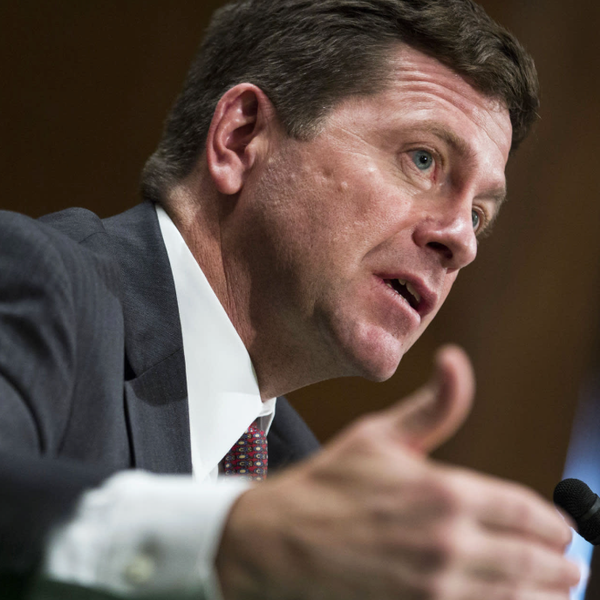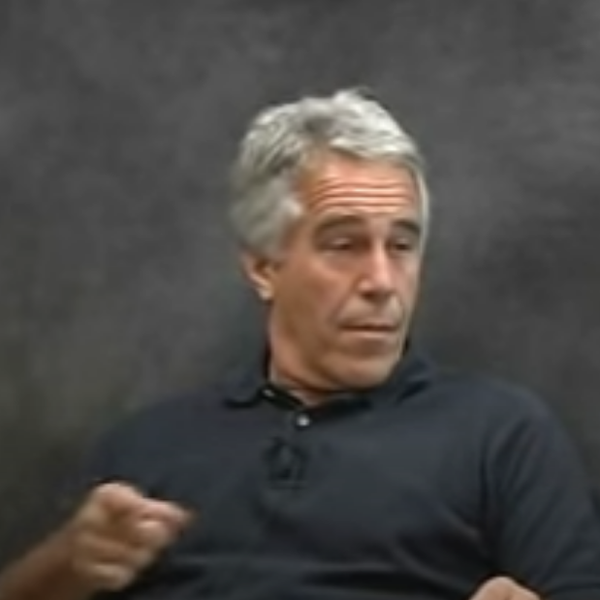
We were never innocent.
That word is invariably used to describe what changed in America 50 years ago Friday, when a dashing young president was murdered in Dallas. But the word has never been quite right.
Anyone who was 40 years old the day John Kennedy died had already lived through global economic collapse, factories silenced, smokestacks stilled, bankers selling apples on street corners. She had seen the agricultural heartland dry up and blow away in towering black clouds of dust, the former tenants dispossessed and forced to flee. She had seen war on a scale that beggars the imagination, mass murder in numbers that blaspheme God and a nuclear sunrise over Japan. Just the year before, she had seen the world teeter on the brink of another nuclear catastrophe.
We were not innocent.
And yet, something did change when Kennedy’s motorcade executed that hairpin turn onto Elm Street and Lee Harvey Oswald pulled the trigger of that mail-order carbine. After that moment, something was different, something was lost — and it has haunted America ever since.
Nineteen sixty-three is the year the 1960s began, the year so many of the themes that would define that tumultuous era — civil rights, women’s rights, Vietnam, the British Invasion, political assassination — came together for the first time. But there was an idyll before that, a brief period that belonged neither to the dour ’50s nor to the ’60s as they turned out to be. That brief moment was a time of America in full flower and roaring confidence, a time when no one doubted America’s ability and willingness to do big things, least of all America itself.
Popular culture is the most sensitive barometer of a nation’s mood and it caught this period perfectly. Cars shed their fins and their big soft curves and grew lean and angular. Sam Cooke painted a picture of sleek, urbane cool that redefined the look and sound of African-American music. And if the Petries of The Dick Van Dyke Show still slept in separate beds as the Ricardos of I Love Lucy had back in the ’50s, one still got the feeling that here was a couple who shared a physical attraction that would have made Lucy and Ricky blush and that after the cameras went away, those beds were pushed together.
Kennedy was the perfect president for that moment. Handsome, witty, just 43 years old when he was inaugurated, he brought to the White House a glamorous wife who was herself just 31, along with two attractive young children. “Out with the old,” America seemed to say. Kennedy pointedly declared in his inauguration address that “the torch has been passed to a new generation of Americans — born in this century.” Dwight Eisenhower, the man he succeeded, was born in 1890.
America was a nation in spring.
It says something that the country’s last moment of national mission, its last moment of pulling together in sustained unity toward a great common goal, came from Kennedy, who, in 1962, committed us to reaching the moon. By the time we got there in 1969, he was dead and the nation — racked by riot, war, upheaval and repeated assassination — was simply exhausted.
In many important ways, we still are. Note that when Barack Obama proposed to change the health care system, one of the criticisms was that the idea was simply too big.
The notion that anything could ever be too big for America would have been laughable before John Kennedy died. So what America lost that day — what it has been mourning and seeking to restore ever since — is that image of itself as a place where all skies are endless, all possibilities open, and big things doable, that sense of itself as a nation in spring.
We were never innocent.
What we were, you see, was young.
(Leonard Pitts is a columnist for The Miami Herald, 1 Herald Plaza, Miami, Fla., 33132. Readers may contact him via email at lpitts@miamiherald.com.)
Photo via Wikimedia Commons








